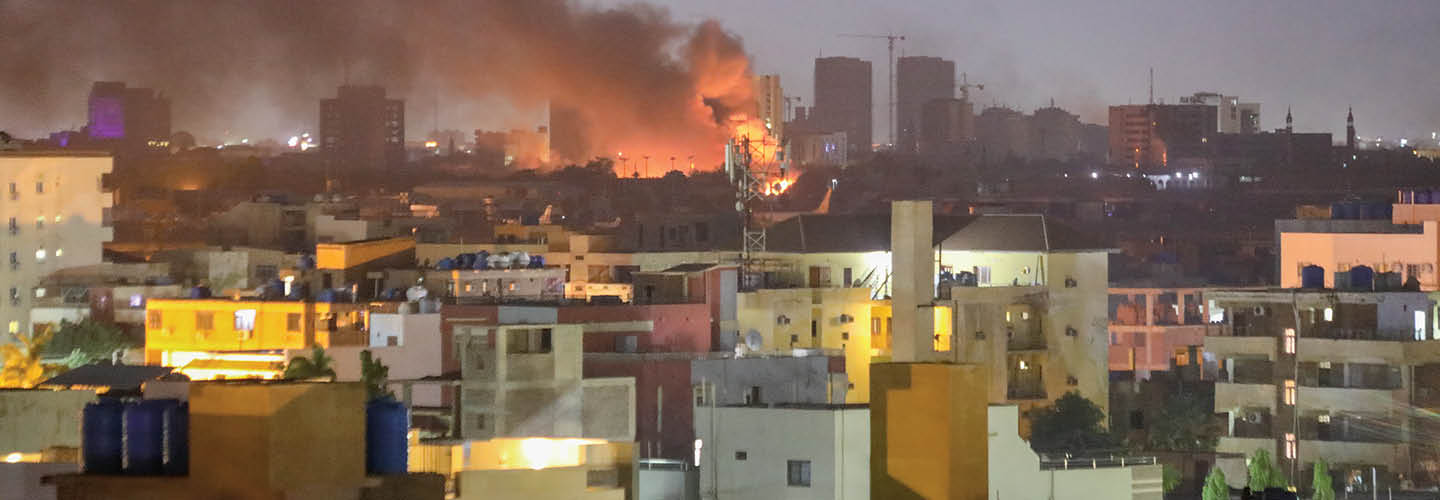For 10 weeks last spring, Mujahid Abdulaziz, a 20-year-old engineering student, tried to find a doctor to get the bullet out of his leg after getting shot at a checkpoint in his war-torn nation.
In Sudan, obtaining basic medical care has become a torturous search for help. Abdulaziz crossed the Nile three times, circling Khartoum, Sudan’s capital, in buses that passed through deserts and around a mountain. Finally, after a journey of 100 miles that should have been 10, he reached Al Nau hospital, where doctors pulled out the bullet at last.
In Sudan last spring, Mujahid Abdulaziz was shot at a checkpoint in his war-torn nation. For 10 weeks, the 20-year-old engineering student tried to find a doctor to get the bullet out of his leg.
In Sudan, obtaining basic medical care has become extremely difficult. Abdulaziz crossed the Nile three times. He circled Khartoum, Sudan’s capital, in buses that passed through deserts and around a mountain. His journey, which should have been 10 miles, lasted 100 miles. At last, he reached Al Nau hospital and doctors removed the bullet.

